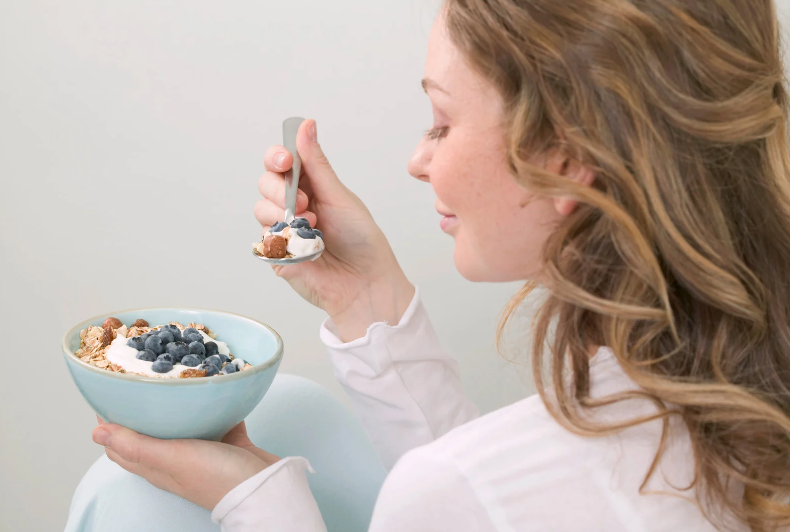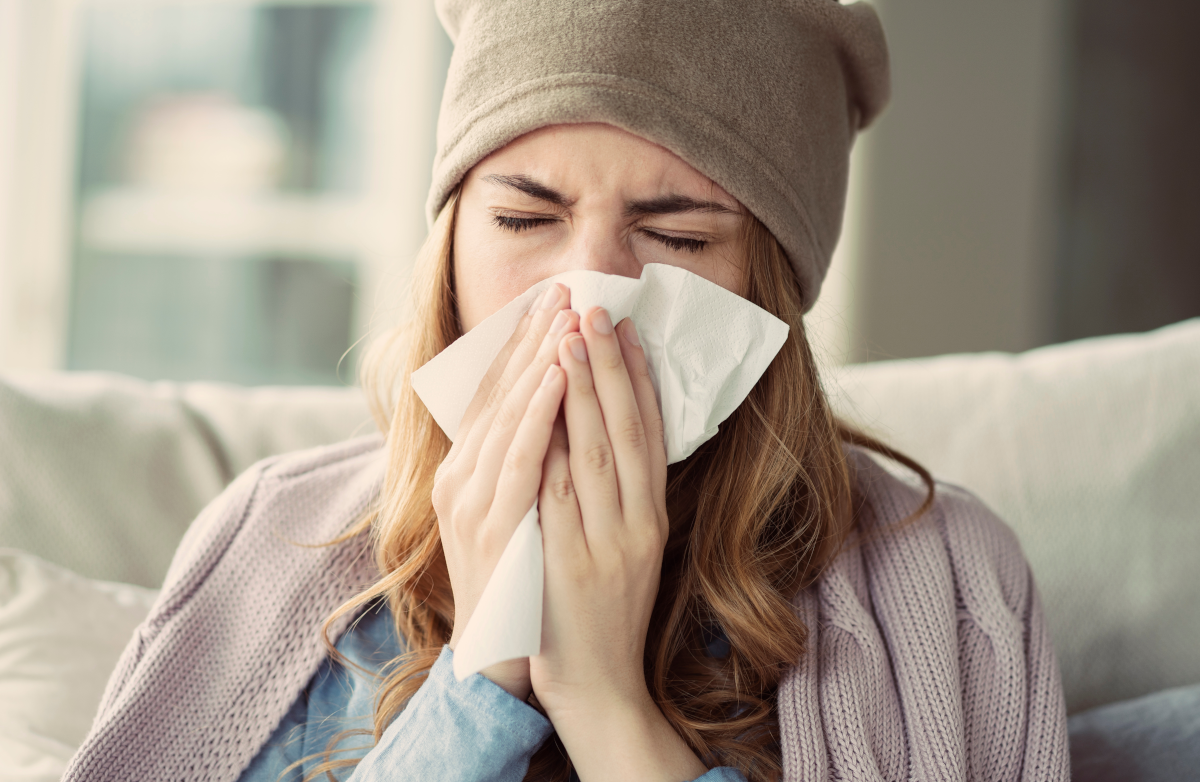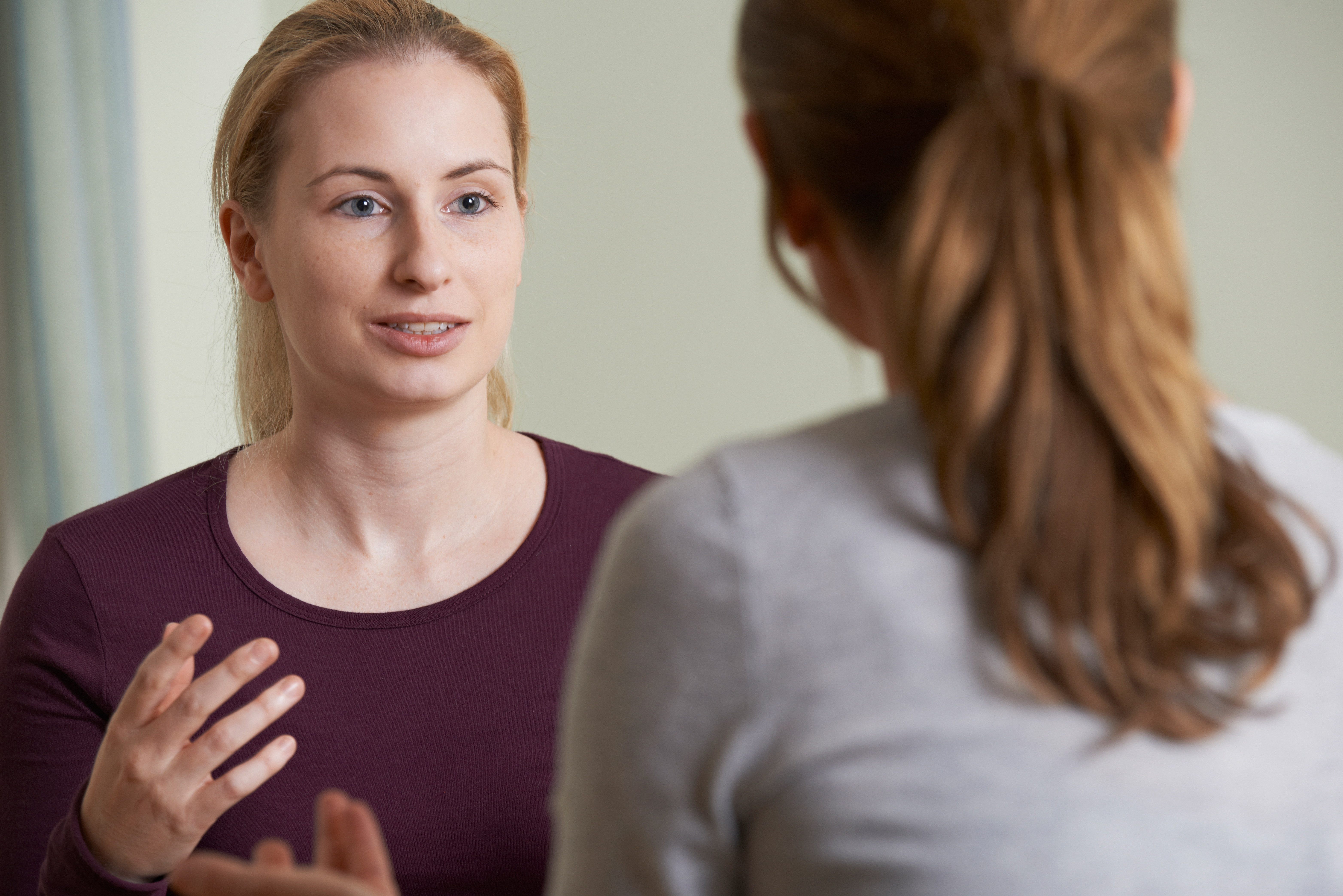You stayed up late last night to finish a project, woke up groggy only to realize that you’d slept through the alarm clock, skipped breakfast, then almost fell asleep in the middle of an important morning meeting. It’s now mid-afternoon and, as you’re having yet another cup of coffee to stifle yet another yawn, you realize you’re seemingly sleep walking through your days.
You’re not the only one. According to the National Sleep Foundation (NSF), 35 percent of Americans sleep less than seven hours per night on average. Most experts agree the average adult needs seven to nine hours nightly for optimal health. Those who don’t get enough say it affects their mood, mental sharpness and productivity on a daily basis.
But how do you get off this "sleep deficit" merry-go-round? It's easy to say, "get more sleep" but what if you're simply spending frustrating hours tossing and turning, and having trouble finding deep slumber?
First, it’s important to be aware that sleep is not a passive activity.
Research shows that a lack of deep sleep (as opposed to irregular or fragmented sleep) undermines the body's ability to fight off disease. Perpetual sleepiness can reduce the quality and quantity of your work by a third, according to the NSF. In fact, lack of sleep can directly affect how the body makes hormones (such as cortisol), which in turn affects blood sugar. This could increase your risk of diabetes.
If you’re having major problems in your sleep life, you probably should consult a doctor. But for most of us who are having trouble sleeping, there’s a simple cure: exercise. Regular exercise has been shown to reduce episodes of insomnia. What’s more, it promotes improved sleep quality by producing smoother, more regular transitions between the cycles and phases of sleep.Moderate exercise lasting 20 to 30 minutes three or four times a week generally results in better sleep and more energy. You may have to find your own exercise rhythm-– some people can exercise any time, while others do better if they work out in the morning or afternoon, not near bedtime. Vigorous exercise during the day and mild exercise before bedtime will not only help you fall asleep and stay asleep more easily, but will increase the amount of time you spend in the deepest sleep phase (Stage 4).
Considering becoming a morning exerciser? According to a NSF poll, morning is the optimal time of day for cardio exercise. People who walked or ran on a treadmill at seven a.m. reported sleeping longer, having deeper sleep cycles and spent 75 percent more time in reparative stages of sleep than those who exercise at other times of day.
In addition to better sleep, exercise offers many other mental benefits:- Reduces stress by helping to dissipate the lactic acid that accumulates in your blood
- Sharpens your brain by increasing the amount of oxygen available
- Eases built-up muscular tension
- Strengthens and stimulates your heart and lungs
- Stimulates your nervous system
- Increases your production of endorphins— those little substances which create a sense of well-being and increase your body's resistance to pain
- Stimulates release of epinephrine, a hormone that creates a sense of happiness and excitement
- Increases deep sleep, as the brain compensates for physical stress
The good news is that it won’t take long to see sleep improvements after starting a regular exercise program. After just a session or two, you might notice that you fall asleep easier and stay asleep longer, so it’s worth the effort. There’s nothing better than a good night’s sleep!
This article was updated on March 3, 2022.












